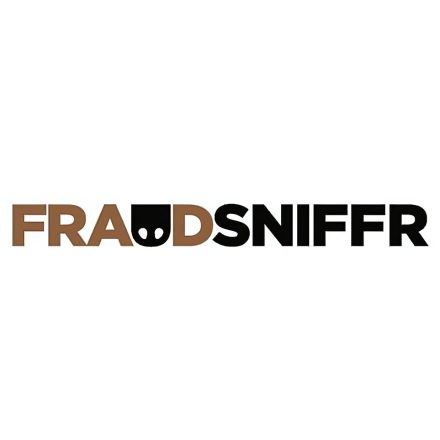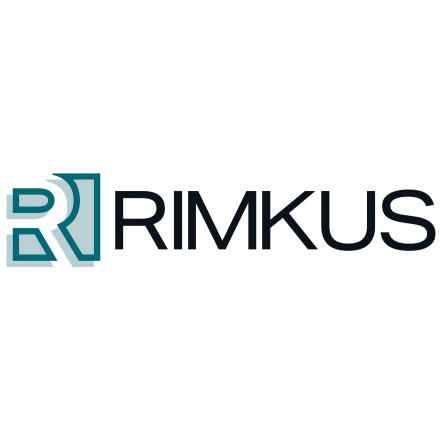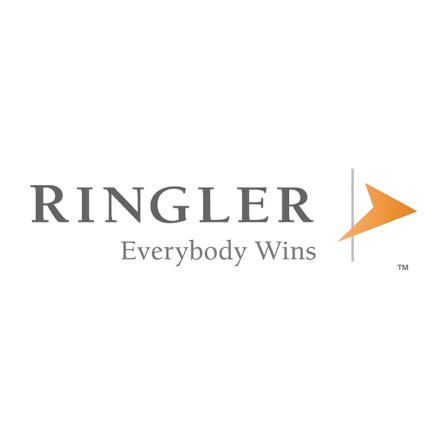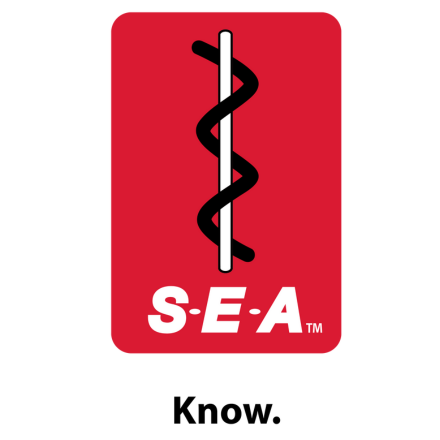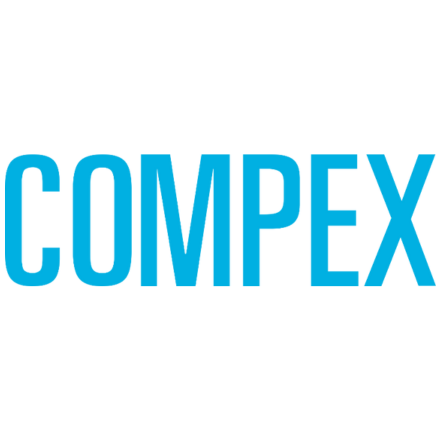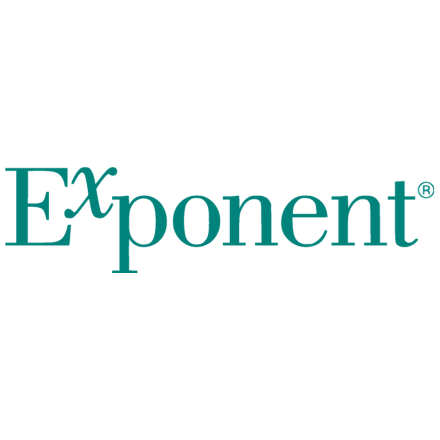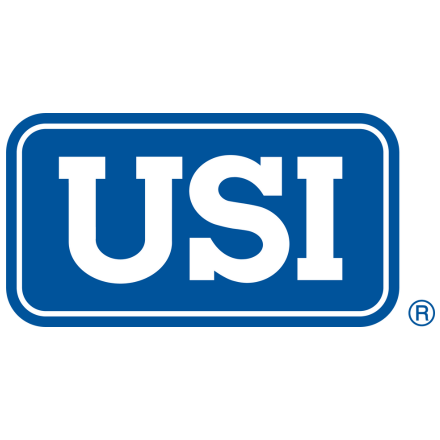Compelling Settlement Agreements in Multi-Party Litigation in South CarolinaOctober 2022 • Source: Laura Paton and Paul Sperry, Copeland, Stair, Valz & Lovell In South Carolina, most defense counsel in cases with multiple defendants ask for settlement information as a matter of course. The reason? Under the South Carolina Apportionment Statute,FN1 a defendant found liable is entitled to request a “set-off” of the amount the Plaintiff has already collected from settling defendants prior to trial as long as the Plaintiff is seeking the same damages at trial. This right to a setoff mitigates the fact that settling defendants are excluded from the verdict form. While the non-settling defendants can argue at trial that the settling defendant is the real “bad actor,” the jury may only apportion fault to the Defendants and Plaintiffs on the verdict form and that culpability must equal 100%. Unfortunately, most Plaintiff’s attorneys object to discovery requesting disclosure of settlement sums. Typical objections to the discovery of settlement information include: 1) the information isn’t “ripe” until there is an actual verdict; 2) the ADR rules mandate that settlement communications are confidential and protected from disclosure; FN2 and 3) production of any settlement agreements marked “confidential” by the parties cannot be produced without violating the agreement. However, “South Carolina has a long history of maintaining open court proceedings and records . . . .” FN3 In order for a settlement to remain confidential or be sealed, the party seeking to enforce the confidentiality provision is required to file a motion to seal that has to address a number of specific factors explaining the need for the settlement to remain private. FN4 Prior to ruling on the motion the Judge must consider the following:
FN 5 In addition to the principle that discovery should be broad and rarely limited, Rule 41.1, SCRCP should make it very difficult for settlements to remain confidential in most multi-party lawsuits. Nevertheless, many Plaintiff’s attorneys will essentially ignore Rule 41.1, SCRCP when declaring settlements are confidential. That leads to the burden being place on the non-settling Defendant to file a motion to compel a response to a discovery request for settlement documents. Despite the shifting of the burden on which party should be filing a motion, in order to properly advice both clients and their insurance carriers of verdict exposure, it is important to file a motion to compel any discovery requests related to settlements. FN1: S.C. Code Ann. § 15-38-15 Liability of defendant responsible for less than fifty per cent of total fault; apportionment of percentages; willful, wanton, or grossly negligent defendant and alcoholic beverage or drug exceptions. FN2: SC R ADR Rule 8 FN3: Rule 41.1(a), SCRCP FN4: Rule 41.1(b), SCRCP FN5: Rule 41.1(c), SCRCP |



